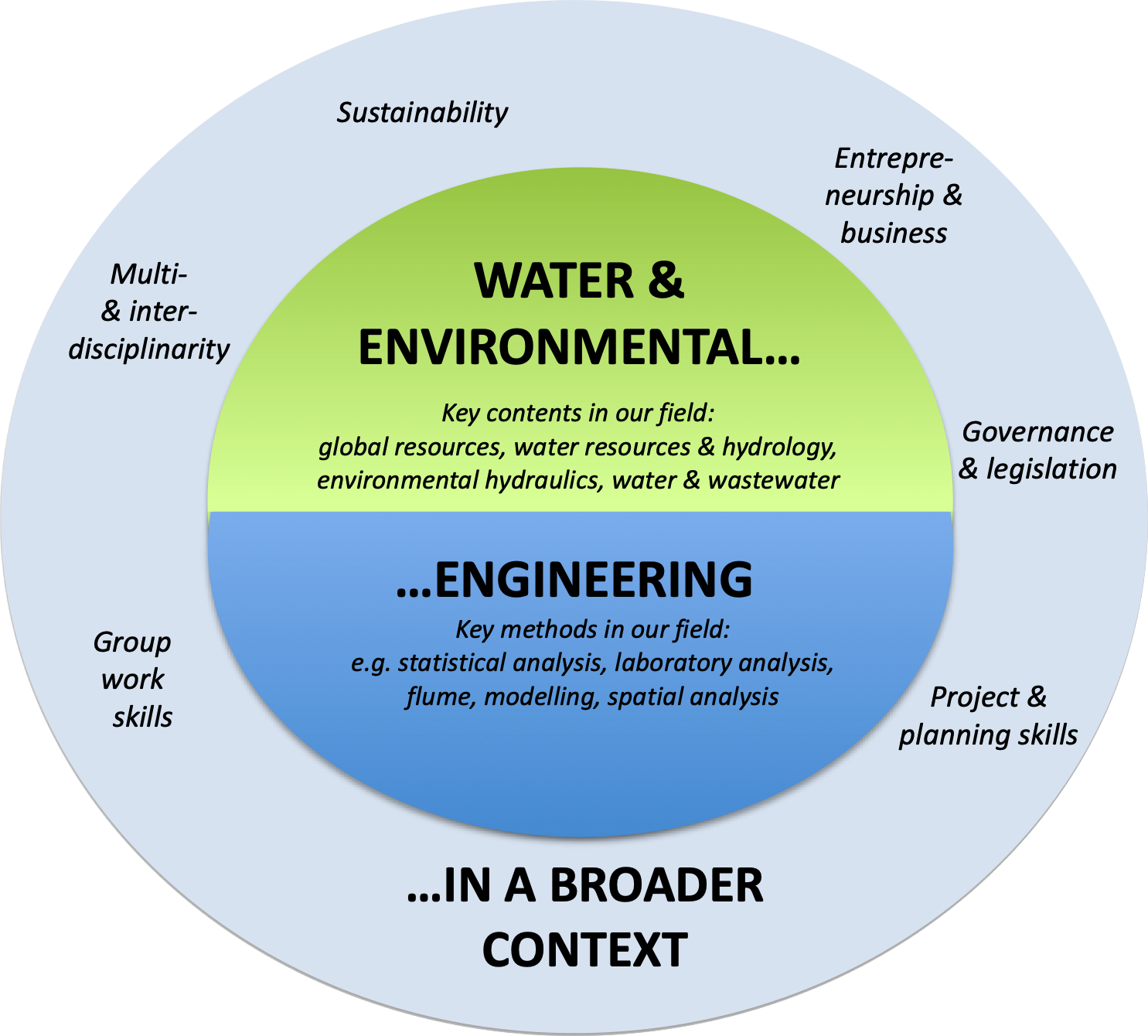WAT-E1100 - Water and Environmental Engineering, Lecture, 5.9.2022-24.10.2022
This course space end date is set to 24.10.2022 Search Courses: WAT-E1100
Topic outline
-

Welcome to the fascinating world of water and environmental engineering!
This WAT-E1100 course forms the only common course of our Master's Programme in Water & Environmental Engineering (WAT) and is therefore also called simply "The WAT Course".
Participating this 15 ECTS WAT Course course means a full schedule and full-time studying, and we expect you to be able to participate in teaching and group work activities from Monday morning till Friday afternoon during the entire Period I (5.9-23.10). Kindly also note that the timetables available in Sisu and MyCourses calendar are indicative only: correct timetables will be available in Weekly Sub-pages. Also note that the morning sessions start at 9.00 sharp!
Kindly also note the WAT Orientation Days that are organised on Tuesday 30.8 and Wednesday 31.8 i.e. one week before the actual course. For more information, see our Into page as well as separate sub-page on this MyCourses site.
The WAT Course will introduce you to our research group as well as to our field, including its key themes and methods. The course is organised so that each week has a specific theme and related method: for more see the course structure sub-page. The aim is also to get to know your fellow students, and majority of learning thus takes place in groups.
WAT-E1100 also includes a Personal Learning Portfolio process that runs through your entire Master's studies and corresponds around 2 credits i.e. 54 hours of work. For more information on the portfolio process, see its own MyCourses page.

-
WAT poster File PDF
WAT poster presents the general information on our WAT Master's Programme, including our courses (as of August 2022).
